As businesses become more focused on the performance of their employees, the importance of learning and development has grown exponentially. Traditionally, training and development was focused on what the trainer or facilitator wanted to teach (here’s my program- Attend it! Love it!). But with an outcome-based development model, the focus shifts to what learners should be able to understand or do once they have finished the program. Let’s explore this approach in more detail.
What Characterizes an Outcome-Based Development Model?
The outcomes-based development model is characterized by creating clear statements of learning objectives and desired actions for learners. This results in a more collaborative design process between program stakeholders (for example, business leaders) and program facilitators that helps to inform learners of both WHAT and HOW they will learn during the program, and WHY learning these skills is important. Furthermore, this approach allows for a greater degree of customization when it comes to meeting learners’ individual needs. When designing a program utilizing this method, it’s essential to focus on achievable outcomes. Doing so allows facilitators to observe and discuss progress more effectively throughout the program.
Benefits of an Outcome-Based Development Model
A well-executed outcome-based development model offers numerous benefits compared to traditional training approaches, including higher quality learning and performance outcomes as well as greater overall efficiency in reaching these objectives. An outcomes-based approach also ensures that the learners’ collective and individual needs are being met and taken into account throughout the stages of the program design process. Furthermore, this approach focuses on collaboration between program stakeholders and facilitators (defining outcomes), facilitators and learners (teaching content and discussing progress), and learners to stakeholders (sharing insights and skills application), which can help foster mutual trust while also providing feedback opportunities throughout the duration of training or development programs.
Outcome-based development models can be incredibly beneficial for businesses looking to improve their training and development processes. By working collaboratively with trusted training and development vendors and focusing on explicit learning objectives from the outset, businesses can create meaningful experiences for their teams that lead to higher-quality learning results. If you’re looking for ways to improve your business’s training initiatives, then considering an outcome-based development approach could be just what you need. Reach out to discuss designing an outcomes-based development solution for your team.
